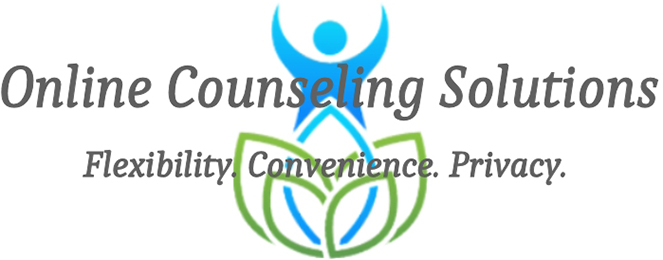I don’t think most of us like the idea of having to take medication to manage our medical or emotional ailments. From my experience, we even like the idea less when it comes to treating our children with medication to treat long term conditions, especially when it comes to mental health or behavioral issues like anxiety, autism, ADHD, depression, and even psychosis.
I recently read an article on this very topic that related an analogy that helps to put this issue of medicating our children into perspective. Suppose you took your child for their annual well-visit to their pediatrician and they failed the eye exam. What’s the next step? Typically, you would be referred to a pediatric ophthalmologist who then runs their own comprehensive eye exams. The diagnosis is that your child is nearsighted or farsighted and the recommendation is that your child be fitted for a pair of simple eyeglasses.
Would you labor over that recommendation? Would you read up on it? Would you Google it? Would you ask your friends and relatives their opinion about giving your child eye glasses so that they can see better? Unlikely. Perhaps you wouldn’t question it at all. Maybe you just insist that your child squint to correct the problem? Now that’s just absurd!
Isn’t that what we do when it comes to treating our children for mental health illnesses? We don’t like the idea that our precious children could even struggle with anxiety, depression, or ADHD or learning disabilities.But our brain, like any other organ, doesn’t always function optimally. Mental health isn’t a linear, cause-and-effect issue. So many factors play a part, like genetics, upbringing, socioeconomic status, cultural norms, etc.
The stigma against mental health among adults is strong, but it is even more so for children. I have seen many parents profess that they will never medicate their child for this or that and I watch them continue to struggle along. To what end? For what gain?
Being a Mental Health Counselor means that I only use talk therapy. That’s it. No bag of tricks to pull from. No medical equipment or prescriptions to utilize. I am privileged to witness the power of the therapeutic process at work in transforming people’s lives. I also have to know when counseling and medication will work best when paired together. For some diagnoses medication is the first line of treatment as in neurological disorders like ADHD, autism, Tourette’s Disorder or psychological disorders like severe Obsessive Compulsive Disorder (OCD) or psychosis.
I encourage you to drop the stigma. Drop worrying about what others think. Drop your own biases against taking medication. Explore your own biases against medication and see if there are any falsehoods. Sometimes we can be our own stumbling block that gets in the way of progress.

